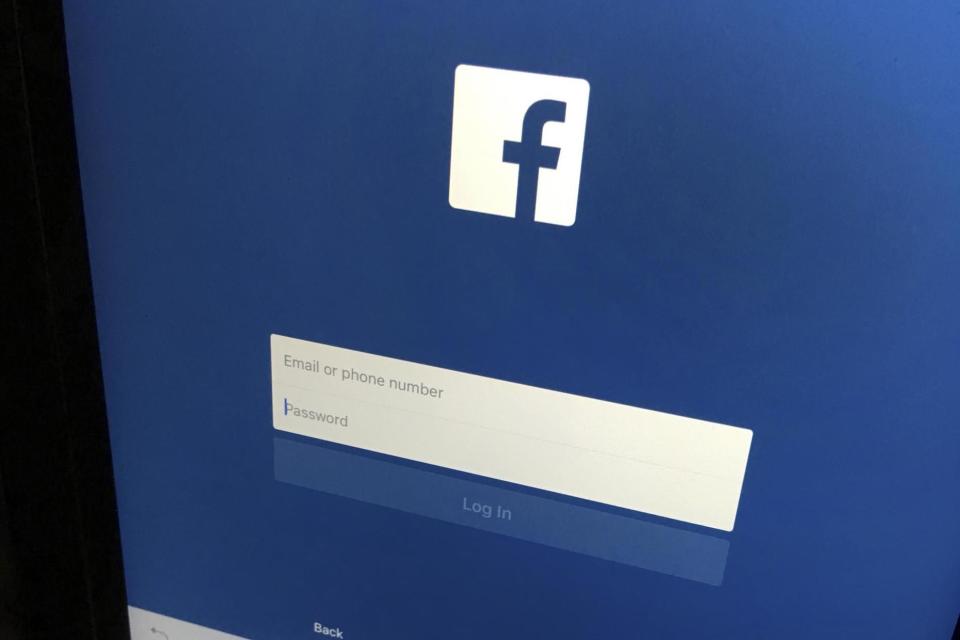New Facebook tool will show users if they 'liked' Russian propaganda accounts

Facebook has created a tool which shows users if they have followed or `liked' any Russian propaganda accounts.
The portal will let people see which accounts they followed are linked to the Russian ‘Internet Research Agency’ – believed to have intentionally spread misinformation in the run-up to the US presidential election.
The tool, which will be available by the end of the year, won't show users if they simply saw or "liked" posts from those pages.
Facebook, Google and Twitter testified before Congress this month, acknowledging that agents tied to the Russian government used their platforms to try to meddle with the US elections.
Facebook has said that as many as 150 million Facebook and Instagram users may have seen ads from the Internet Research Agency.
Rep. Adam Schiff, a California Democrat, called the move a "very positive step" in a statement. But emphasised that he's still looking for more, including a joint report by the companies "on how Russia used these platforms to sow discord and influence the election."
The companies were initially dismissive of Russia's threat, but they all pledged to make improvements amid pressure from lawmakers.

 Yahoo Finance
Yahoo Finance 